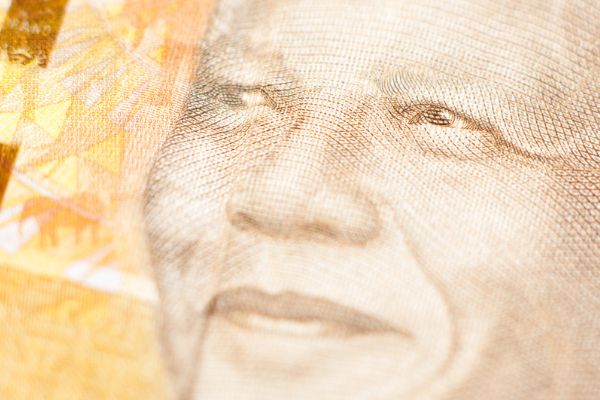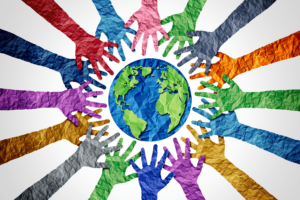Nelson Mandela, despite odds that break even the strongest, he survived and overcame to see his dream through to conclusion. #IncredibleEndurance #Overcoming Respect
In Honor of Nelson Mandela International Day
As I reflect on the life and work of Nelson Mandela, I am reminded of the profound impact he had on the world. His unwavering dedication to justice and equality inspired millions of people around the globe and his legacy continues to shape our world today. In this article, I will explore the history of apartheid in South Africa, Nelson Mandela’s activism against it, and the impact of his life and work.
What is Apartheid and How Did It Start?
Apartheid was a system of institutionalized racial segregation that existed in South Africa from 1948 to the early 1990s. The word apartheid comes from the Afrikaans language and means “apartness”. The system was designed to separate black, colored, and Indian South Africans from white South Africans and to maintain white minority rule.
Apartheid was introduced by the National Party, a political party that came to power in South Africa in 1948. The party’s leaders believed that South Africa was a white country and that white people should have complete control over the government and the economy. The government passed a series of laws that enforced racial segregation and discrimination. Black South Africans were denied basic human rights, including the right to vote, the right to own property, and the right to move freely within the country.
The Impact of Apartheid on South Africa
The impact of apartheid on South Africa was devastating. The system created a deeply divided society, where black South Africans were relegated to the bottom of the social and economic hierarchy. Black South Africans were forced to live in overcrowded, under-resourced townships, while white South Africans enjoyed access to the best schools, hospitals, and public services.
Apartheid also had a profound impact on the economy of South Africa. The government implemented policies that favored white-owned businesses and industries, while black-owned businesses were either shut down or prevented from growing. This led to a significant disparity in wealth and income between white and black South Africans.
Nelson Mandela’s Activism Against Apartheid
Nelson Mandela was one of the most prominent activists against apartheid in South Africa. He was a member of the African National Congress (ANC), a political party that was founded to fight for the rights of black South Africans. In the 1950s and 1960s, Mandela was involved in organizing protests and acts of civil disobedience against the apartheid government.
In 1962, Mandela was arrested and sentenced to life in prison for his activism against the apartheid government. He spent 27 years in prison, during which time he became a symbol of resistance against apartheid. Mandela’s imprisonment galvanized the international community to take action against apartheid and put pressure on the South African government to release him.
Imprisonment and Release of Nelson Mandela
Mandela was released from prison in 1990, after 27 years of incarceration. His release was a significant moment in the fight against apartheid and was celebrated around the world. Mandela emerged from prison as a leader and symbol of hope for millions of people both in South Africa and around the world.
After his release, Mandela continued to work towards the end of apartheid. He led negotiations with the South African government, which eventually led to the dismantling of the apartheid system and the establishment of a democratic government in South Africa.
The End of Apartheid in South Africa
Apartheid officially ended in South Africa in 1994, with the first democratic elections in the country’s history. Nelson Mandela was elected as the first black President of South Africa, in a move that symbolized the end of white minority rule and the beginning of a new era of democracy and equality.
The end of apartheid was a significant moment in the history of South Africa and the world. It marked the end of a system that had caused immense suffering and inequality for millions of people, and the beginning of a new era of hope and possibility.
Nelson Mandela’s Presidency and Legacy
During his presidency, Mandela worked to promote reconciliation and unity in South Africa. He established the Truth and Reconciliation Commission, which was tasked with investigating the human rights abuses that had occurred during apartheid and promoting healing and forgiveness among South Africans.
Mandela’s legacy extends far beyond South Africa. He was a global icon of human rights and social justice, and his legacy continues to inspire people around the world to fight for equality and justice.
Reflections on the Impact of Nelson Mandela’s Life and Work
As I reflect on the life and work of Nelson Mandela, I am struck by the profound impact he had on the world. His commitment to justice, equality, and reconciliation is a powerful example of what is possible when we work together to create a better world.
Mandela’s legacy serves as a reminder that the fight for justice and equality is ongoing. While apartheid may be over in South Africa, there are still many forms of systemic oppression and inequality that exist around the world. It is up to all of us to continue the work that Mandela began and to fight for a world where everyone is treated with dignity and respect.
Nelson Mandela Quotes
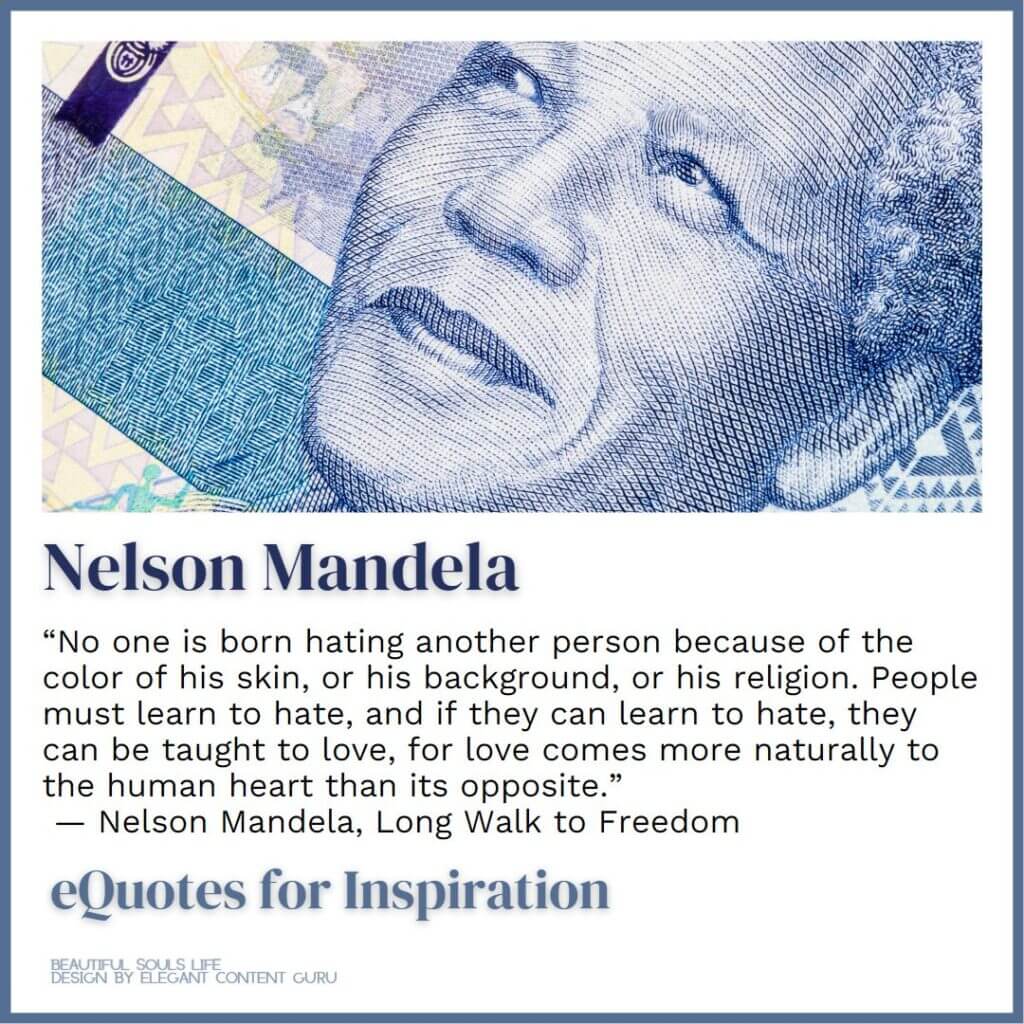
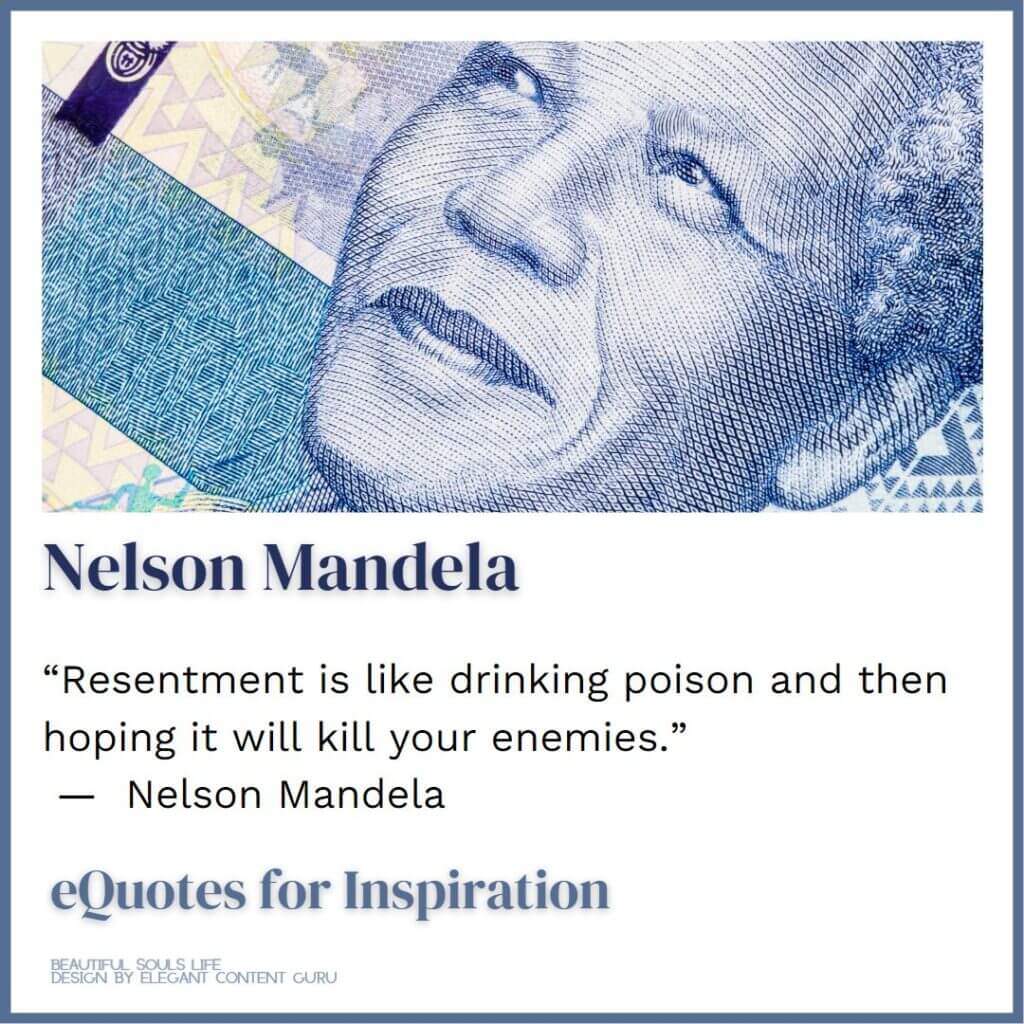
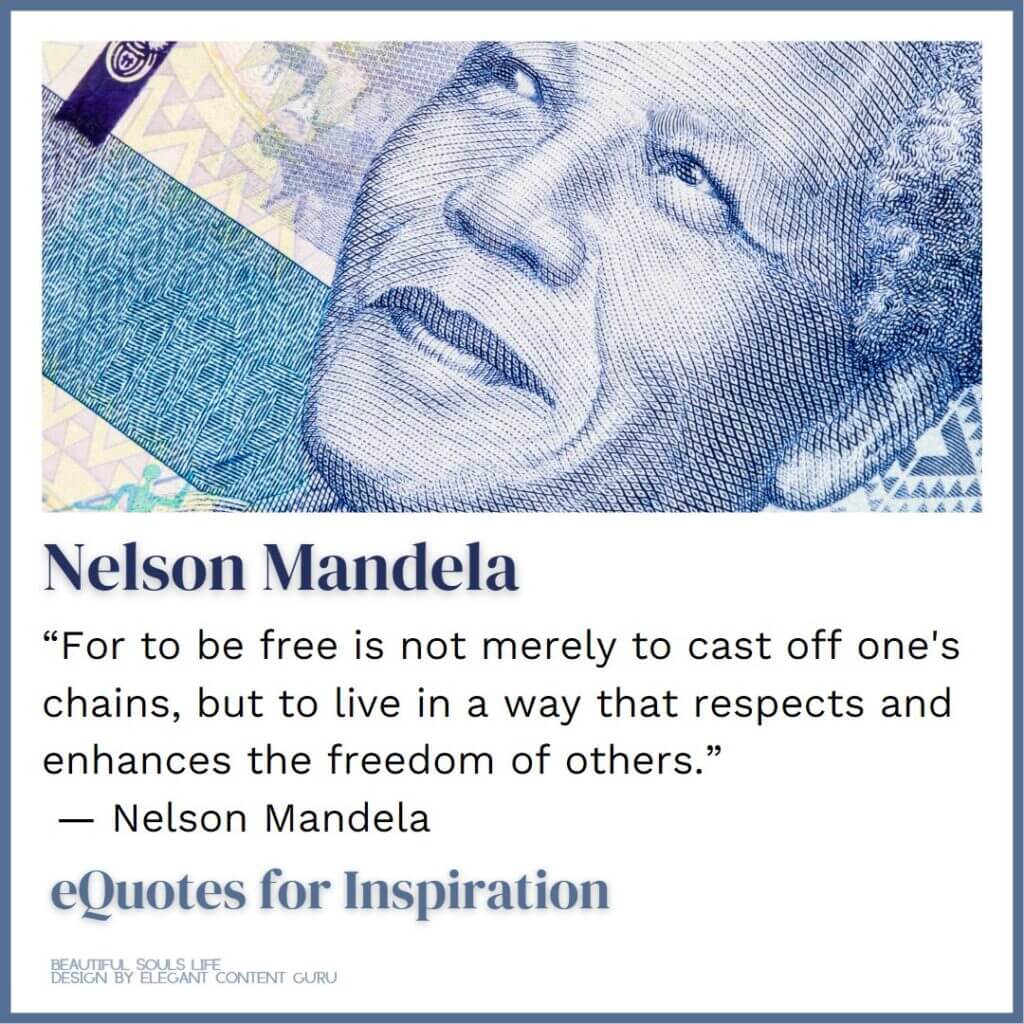
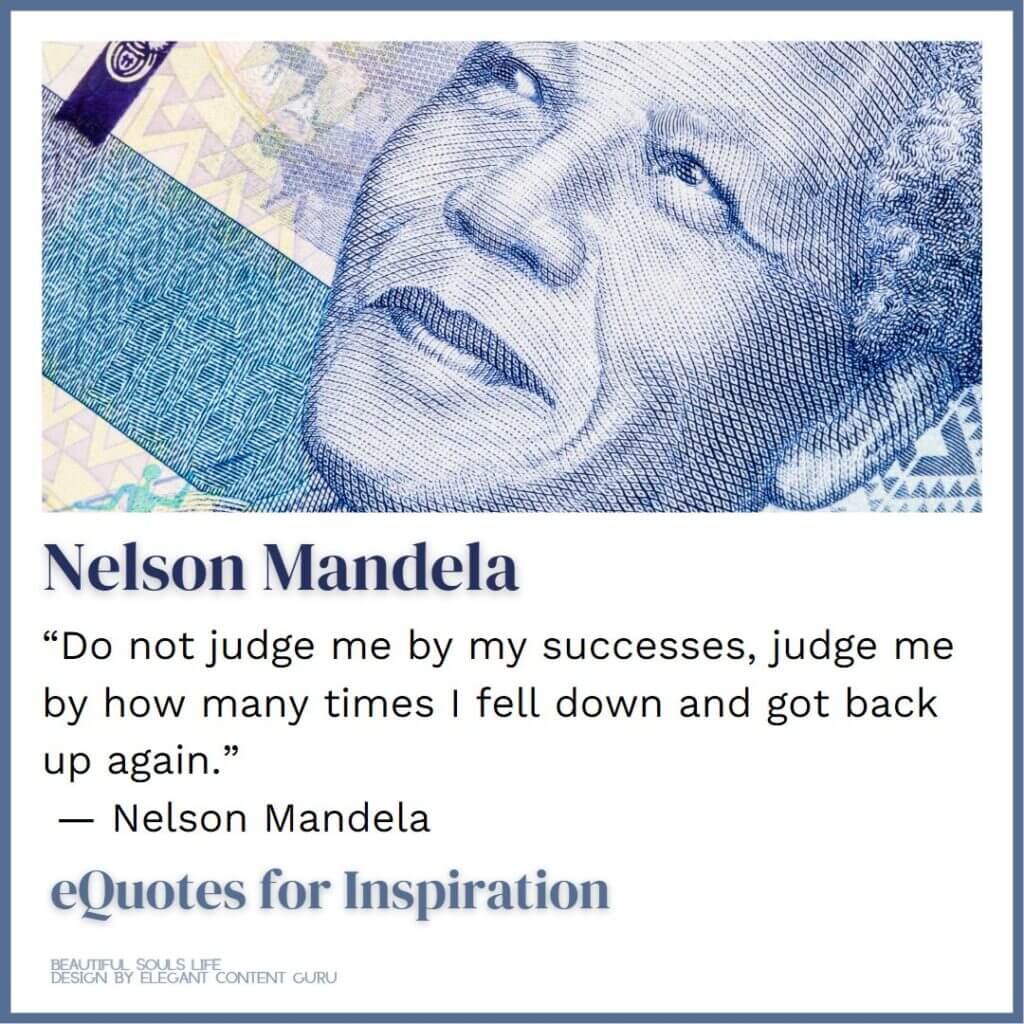
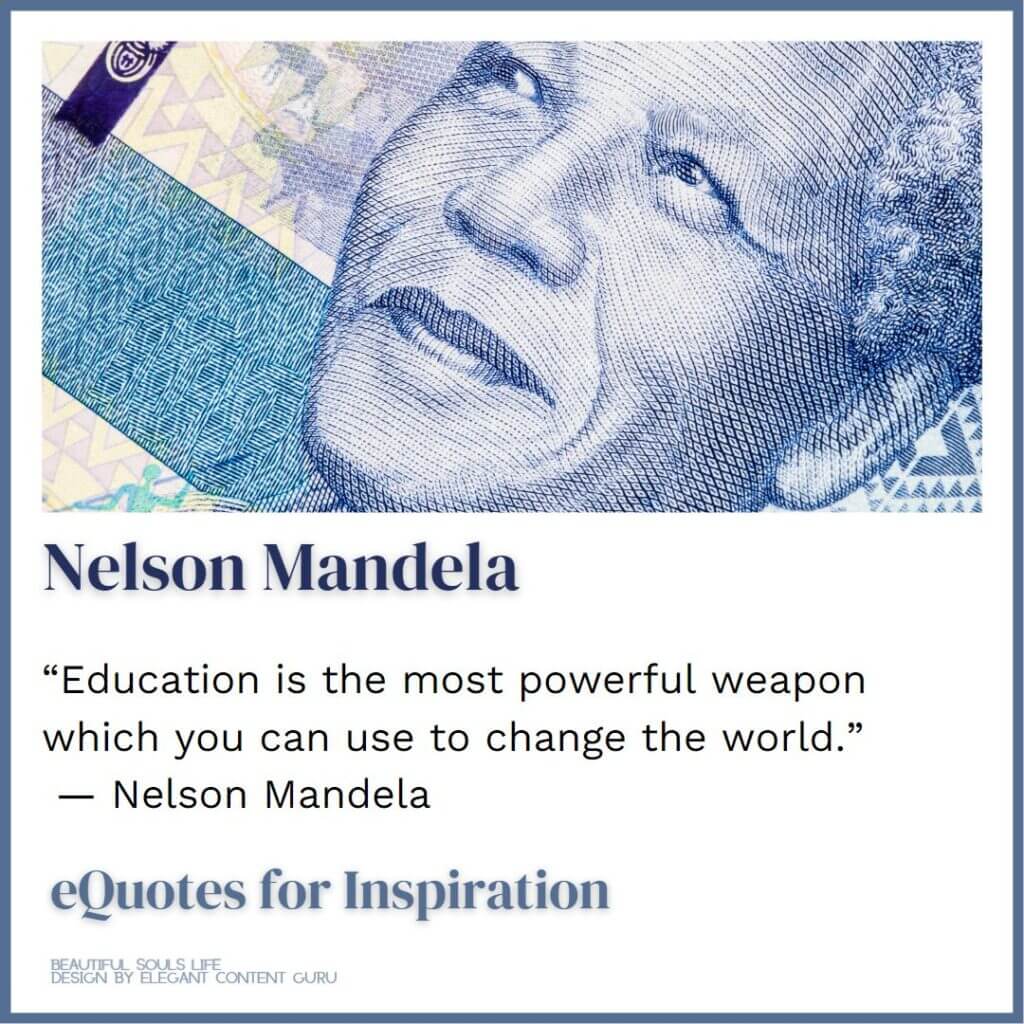
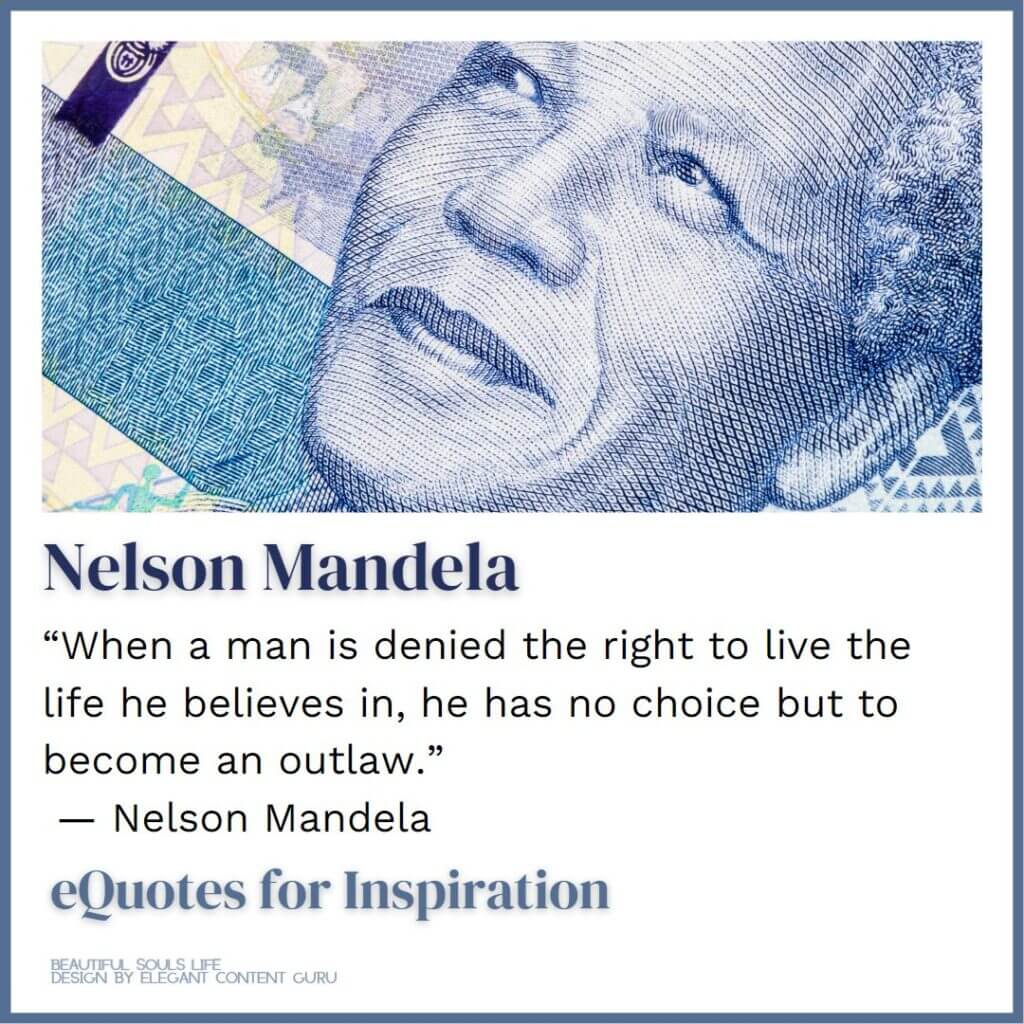
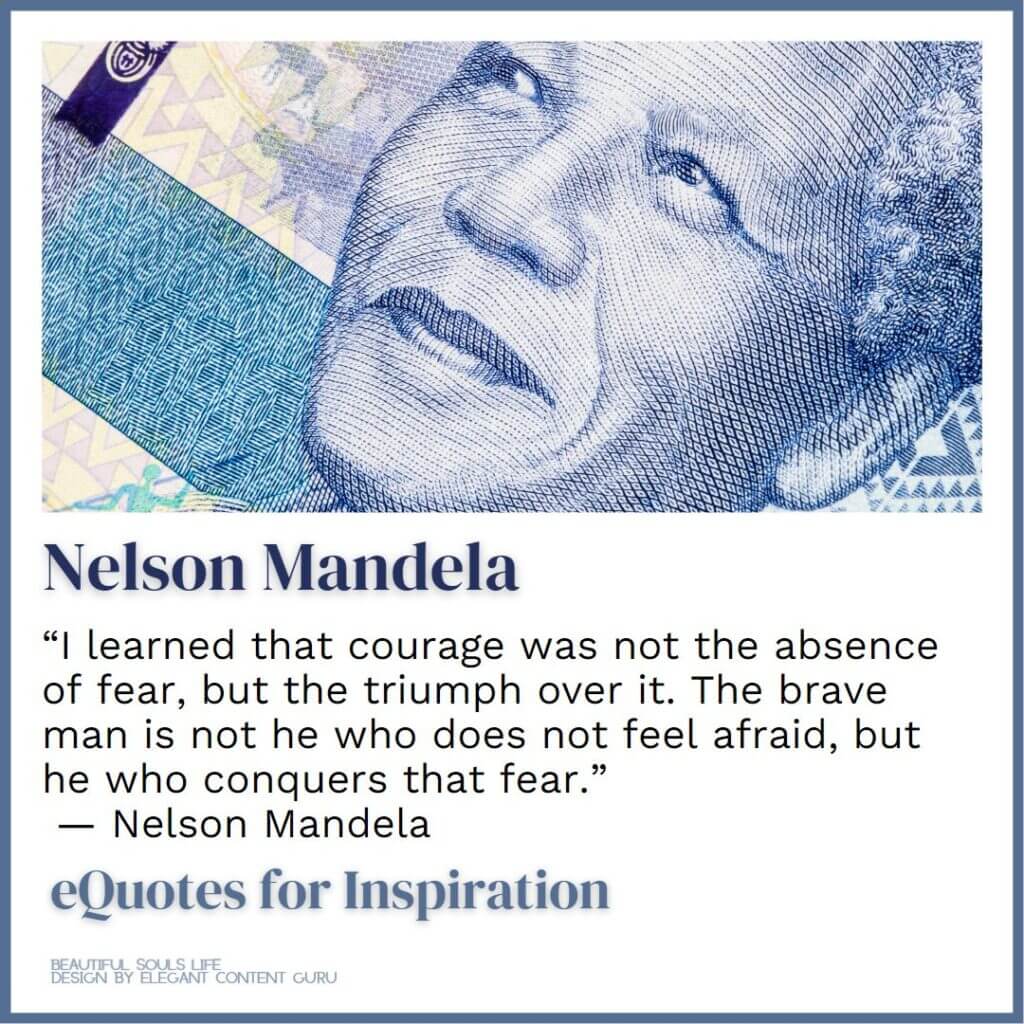
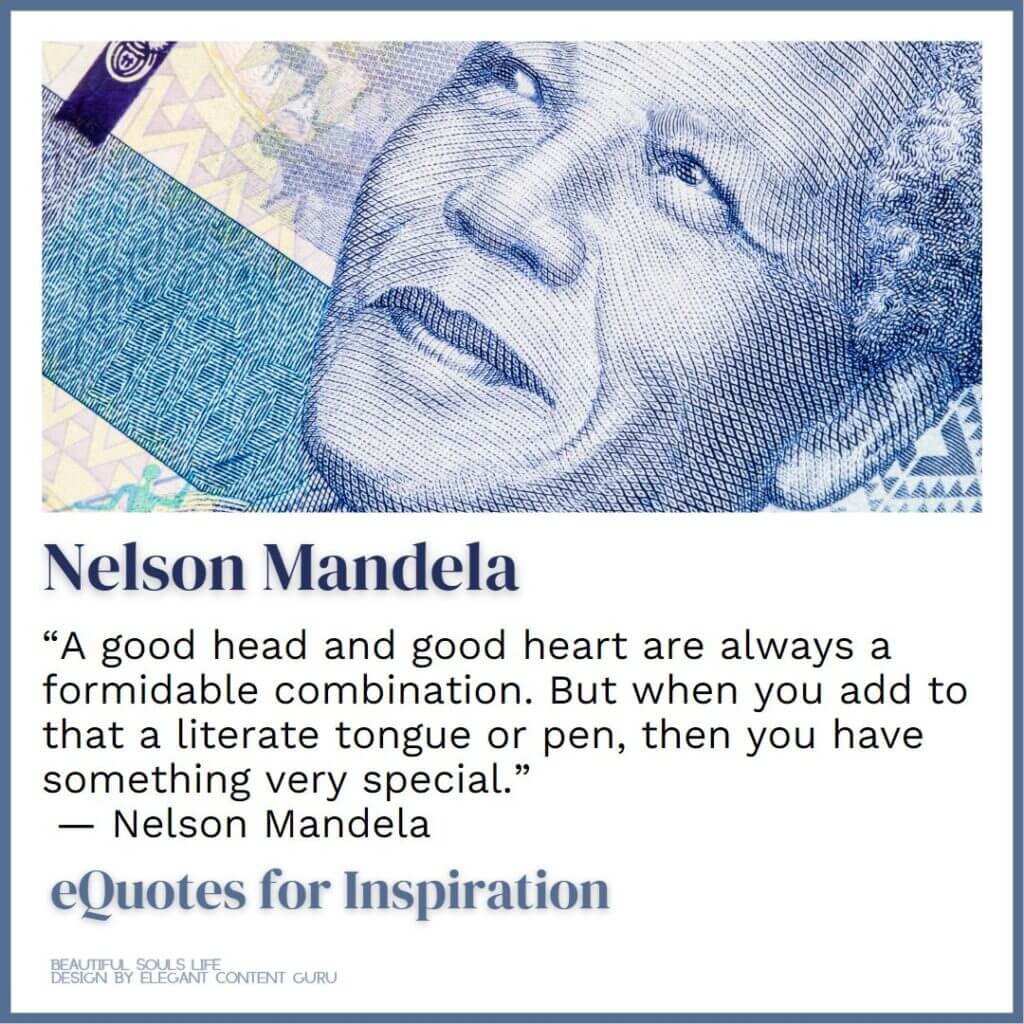
Additional Resources on Apartheid and Nelson Mandela
For those who want to learn more about apartheid and Nelson Mandela, there are many resources available. Some recommended resources include:
“Long Walk to Freedom” by Nelson Mandela

“Cry, the Beloved Country” by Alan Paton

“Apartheid: A History” by Brian Lapping

The Nelson Mandela Foundation Website
Conclusion
Nelson Mandela’s life and work serve as a powerful reminder of the importance of standing up for justice and equality. His commitment to fighting against apartheid and promoting reconciliation and unity in South Africa has inspired millions of people around the world.
As we continue to work towards a more just and equitable world, we can look to Mandela’s legacy as a guide. By working together and standing up for what is right, we can create a world that is more just, more equal, and more peaceful.
It is my wish that you find this post enlightening and helpful. If you have any questions or suggestions, we love to hear from you in the comments below. Also, kindly accept our invitation to join our group on Facebook to surround yourself with kindred souls and share your encouraging messages.

